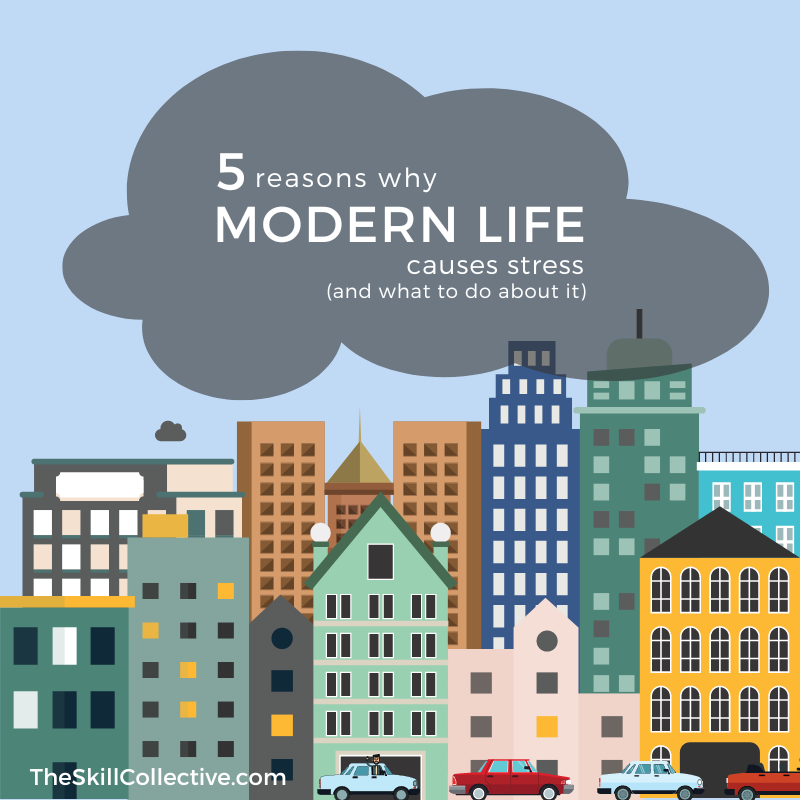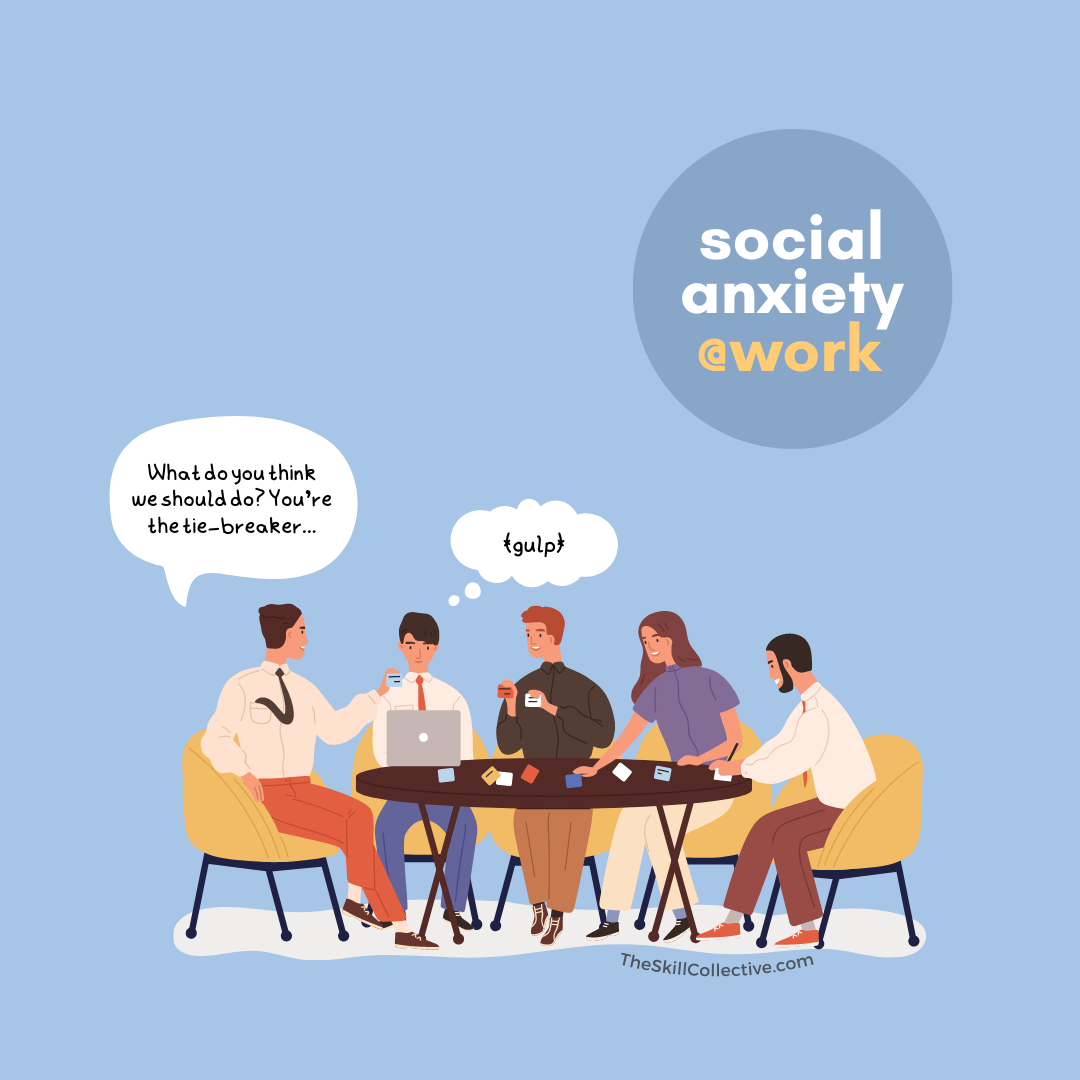DEBUNKING MYTHS ABOUT SEEKING HELP
We get it. Mental health is something that many people still feel uncomfortable talking about.
We get that when our physical health isn't travelling that well, we're more than okay about seeking help and reaching out to others to talk about it. When it comes to mental health, however, we get that the opposite is often the case.
So let's look at debunking some myths about mental health and seeking help for mental health issues.
MYTH 1: Having a mental health problem means I am weak
REALITY:
We have a strange way of thinking about mental health in comparison to physical health, don’t we? When it comes to our physical health we may be quite accepting that physical ailments such as catching a virus, breaking a leg, being diagnosed with diabetes, sometimes just happen as a product of genes, environment, or mishap, and that we can just get on with managing it. Seeing a physiotherapist when we've hurt our knee may just seems like routine care to us now, something we expect people to do.
However, we often see a very different picture when it comes to mental health. Because of stigma associated with mental health issues, we talk about it in hushed tones or don’t even acknowledge it even if we see it in ourselves and in others.
Let’s ask ourselves why stigma around mental health still exists when, at any given point in time, one in five people is likely to have a mental health problem. That is a high proportion of the population, it’s one in five of your friends, and it’s one in five of your colleagues.
The reality is that mental health problems result from a combination of genetics, neurobiology, environment, cognition, and so on. It is no more your fault, nor more under your control, than other health problems. Where you can have an impact is that you can learn skills to help yourself. In fact, it takes strength to identify what you want to change, learn how exactly to go about it, and then to take active steps towards changing your mental health and wellbeing - there's nothing weak about wanting to improve yourself.
MYTH 2: If I have to see a psychologist then I have serious problems
REALITY:
Yes, we do treat individuals with severe levels of anxiety, depression, and stress, and we work with clinical issues such as panic attacks, social phobia, obsessive compulsive disorder, generalised anxiety disorder, major depressive disorder, eating disorders, alcoholism, and bipolar disorder.
However, we also see a range of people for a range of issues ranging from managing stress, time management, improving communication, grief, perfectionism, procrastination, or feeling overwhelmed. Psychologists are increasingly engaged in looking at helping people build resilience – that is, to help equip them with skills so that they can bounce back easier from challenges in life.
To further dispel the myth that psychologists treat people with “serious problems” let’s look at what types of issues we typically work with here at The Skill Collective. Things that we do include helping people to:
Bounce back from mental health issues such as anxiety and depression by teaching people to apply skills such as changing negative thoughts, manage worrying, face fears and phobias, and importantly how to make these changes sustainable.
Achieve more at work and at studies by looking at skills like time management, goal setting, stress management, problem-solving, managing expectations, addressing perfectionism and procrastination
Enhance happiness and wellbeing by working out your values in life and learning how to live your life in line with those values, learning to appreciate moments rather than living in your head and missing out on precious moments, and learning how to build your resilience to buffer against life’s stressors.
Build healthy lifestyle habits through developing a healthy mindset, realistic goal setting, setting goals that will be sustainable in the longer term.
Enhance communication and relationships by looking at skills like assertive communication, managing public speaking anxiety, and looking at getting unstuck from unhealthy relationship patterns.
So you can see, seeking help isn’t just about having “serious problems”. We’re here to help you to get an objective perspective about whatever issues you may be facing, and to draw on scientifically-validated ideas to help you build skills for a better life.
MYTH 3: If I see a psychologist for help I will be stuck doing it for years
REALITY:
Many of the scientifically-validated techniques that psychologists draw on are designed for short-term, focused treatments for around six to 12 sessions. That is, we focus on helping you to develop skills, give you the opportunity to practice, help you to troubleshoot, then help you to make the changes sustainable.
Where we tend to see people for longer-term situations is in helping maintain ongoing motivation with making changes, or if different issues emerge (such as in changing life situations), or even just ongoing ‘troubleshooting’. In many instances, we see people more frequently at the start of working together (when the focus is on learning new skills), with the frequency of contact decreasing over time as we move to focus more on troubleshooting and consolidating these skills so that sustained change can occur.
In fact, we encourage people to touch base periodically, kind of like a regular “Mental Health Check Up” to see if you’re on track or if anything requires adjusting psychologically (see one that we have put together here). We do it with our physical health, so why not our Mental Health?
MYTH 4: It's just common sense, it's exactly what my friends would tell me
REALITY:
Seeking help from a psychologist isn't just about common sense, and our role isn't to tell you what to do. Our role is to apply our clinical experience and research findings to help you understand the causes of what you have come along with, and to work with you on making sustainable changes.
For example, if someone presents with procrastination our role isn't to tell them that they "just have to knuckle down and do it" as well-meaning friends may. If it was as simple as that then procrastination wouldn't exist.
Instead, we work on identifying the underlying causes, and drawing on our experience in working with procrastination we also assess for perfectionism, anxiety, and depression that may lead to the procrastinating behaviours. A quick look over time management and goal setting skills can also give us a sense of where things are falling down. We then have a clearer picture of the underlying causes and maintaining factors of that individual's procrastination. From this point, we focus on addressing these in order to produce long term changes, rather than just treating the symptom of procrastination by telling them to "knuckle down and do it".
MYTH 5: It’s too expensive
REALITY:
Where finances are an issue, it’s heartening to recognise that here in Australia, Medicare will subsidise a significant portion of your fee for seeing a psychologist because of research showing its effectiveness in improving mental health. To find out more have a look here.
You can also consider the option of private health insurance, however do check that your policy does cover psychology (some may only cover Clinical Psychology services so make sure you check this to avoid getting caught out), and check on the rebate amount.
Finally, sometimes it comes down to prioritising working on your mental health to make life richer for yourself. We may be at ease with how much it costs us to seek out other personal services like hairdressers, personal trainers, beauticians, etc., or spend on other luxuries such as the latest gadgets or entertainment because we appreciate how these add value to our lives. Perhaps it’s time that we started to think about mental health in the same manner.
Hopefully we've helped to debunk some myths about seeking help and demystify what psychologists do.












Keep track of your anxiety by monitoring your mood and sticking with healthy habits. Here we outline how the humble planner can help you to achieve your goals when it comes to anxiety.